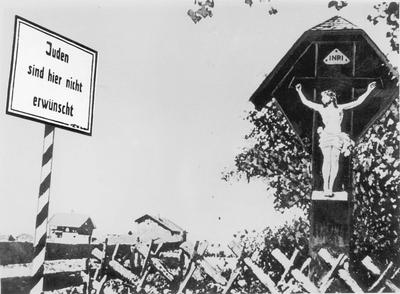One of the most poignant pictures which exemplify the chasm of historical misunderstanding between Jews and Christians is that found in Yad Vashem, the Holocaust memorial in Jerusalem. It is a photograph of a life-size crucifix that stood outside an unknown German village prior to World War II. In a twist of tragic irony a sign was hung on the cross to warn Jews not to enter the village. It read: “Jews are not welcome here.”
The Sabbath Was Made for Man
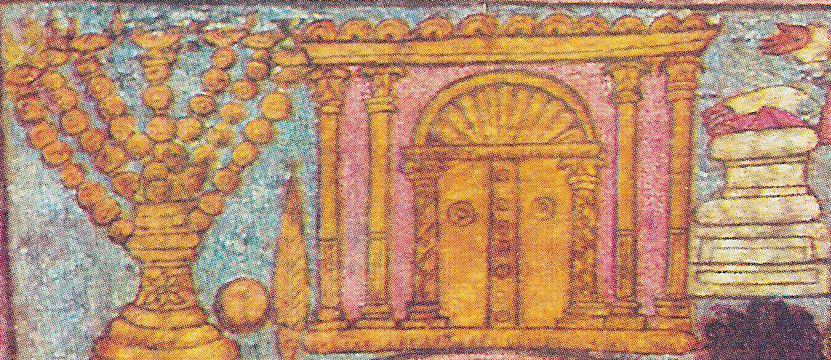
Jesus was no rogue rejecting the Jewish opinion regarding the sanctity of the Sabbath. Instead, he tried to balance the importance of God’s instruction with the extenuating demands of the human setting.
Something Greater Than the Temple
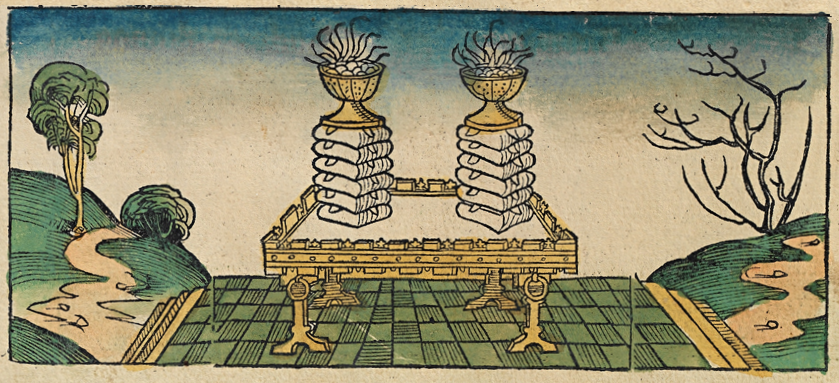
In Jesus’ statement about the Temple he did not speak of himself, he spoke of the needs and value of his disciples.
Beyond an Inheritance

Could it be that the original integrity of Jesus’ message about the Kingdom of Heaven was later compromised by the presence of other expectations of a messianic-eschatological character that circulated promiscuously in early Christian communities?
The Season of Redemption

In the face of a national disaster, hope remained. Summer and its ripe figs—signs of future redemption—would come.
Haste Is of the Devil
Hebrew University professor, the late David Flusser once remarked that Jesus’ teachings could be summed up in one word: “Relax!” The more you think about that, the more you realize Flusser is right.
With All Due Respect…
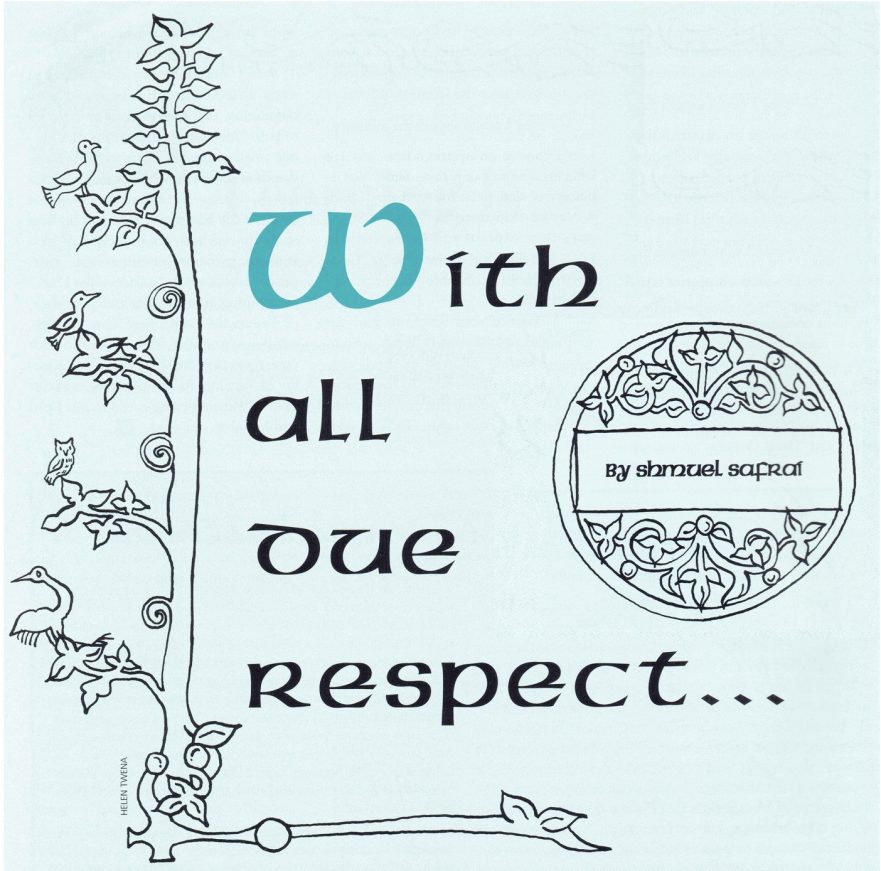
The relationship between a sage and his disciple may be characterized both as that of a father to his son, and of a master to his servant. In effect, a disciple indentured himself to his teacher. Traveling with and attending to him, a disciple remained with his teacher twenty-four hours a day, three hundred sixty-five days a year. The etiquette governing the teacher-disciple relationship is a fascinating subject. In this article, Shmuel Safrai explores one aspect of that relationship: To what extent could an advanced disciple differ from the opinions of his teacher?
Parables of Ill Repute
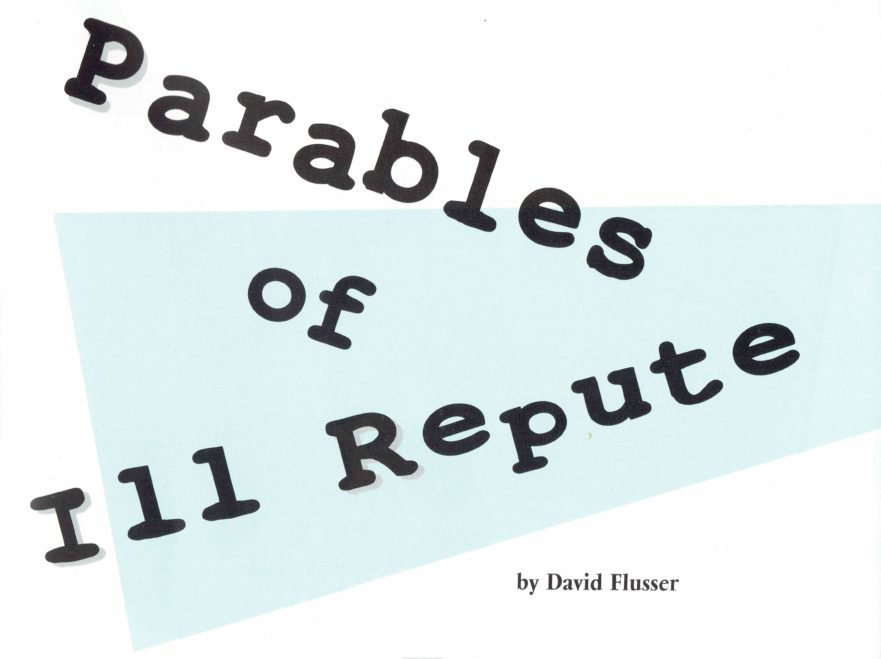
In rabbinic parables God could be portrayed as behaving in a morally ambiguous manner: he might be a cruel slave owner or a heartless judge. In a few Lukan parables, Jesus also portrayed God as behaving scandalously. Often unsettling for modern readers, such portrayals added humorous elements to the plot and heightened the dramatic effect.
Us and Them: Loving Both
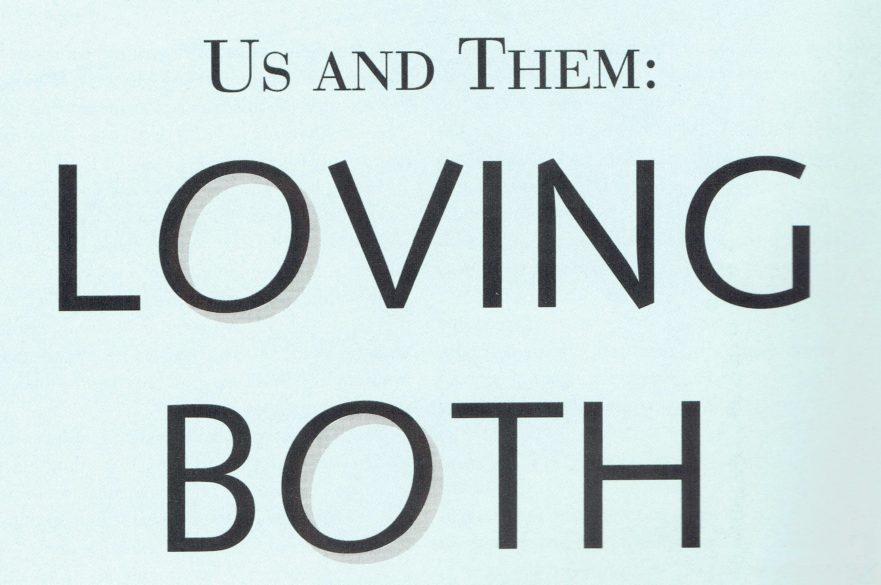
In ancient Roman society, the taking of revenge on an enemy was considered a commendable deed, but Jesus encouraged his followers to “Love your enemies.”
Emulating the Ways of Sodom
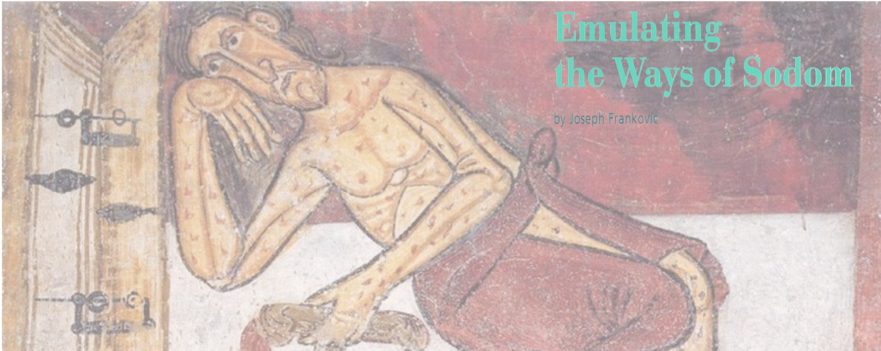
As our disposable incomes have swelled and our pursuit of life’s finer things has gained momentum, has our concern for the destitute also swelled?
The Best Long-term Investment—Making Loans to God
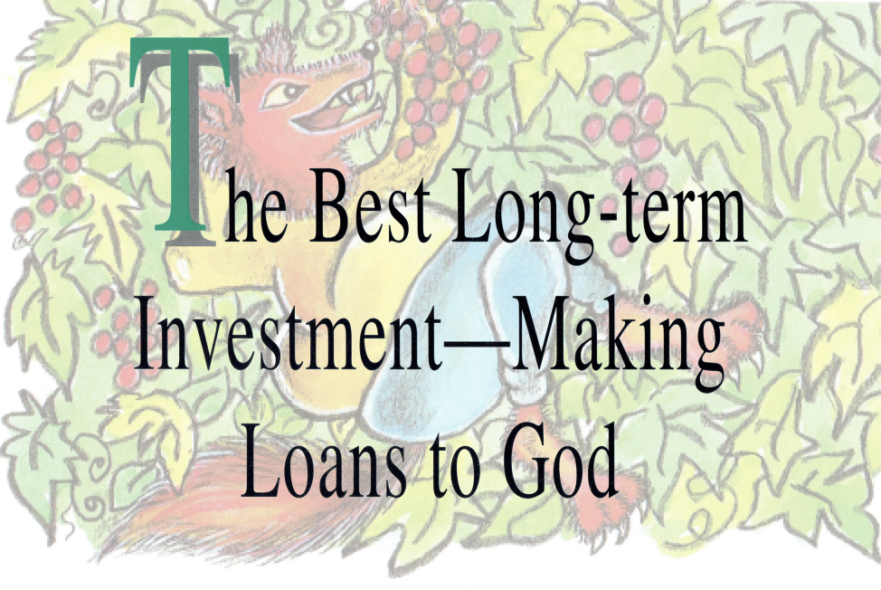
In our day, the 20th-century disciple of Jesus feels the challenge of his call to lay up treasure in heaven more than ever. In the face of an emerging global society drunken with consumerism and materialism, Jesus’ words shatter the silence: “You cannot serve God and mammon!”
Enemies of the Harvest
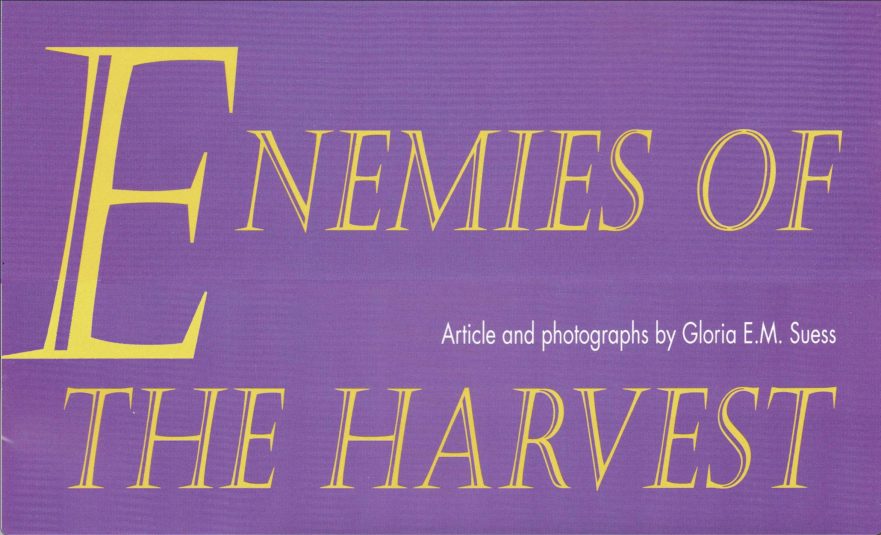
In his famous Parable of the Sower, Jesus referred to seed sown in soil that was full of thistles. What did these thistles look like, and how did they succeed in choking the grain plants?
The Nature of Jesus’ Task
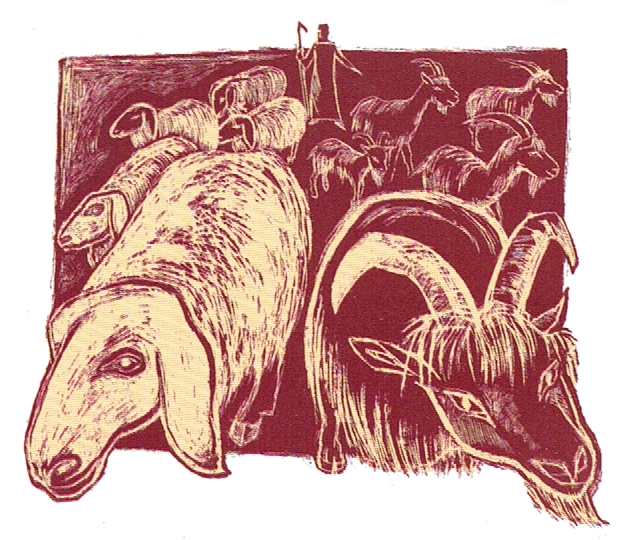
Christians read their Bibles through a lens of historical hindsight to illuminate certain features of Jesus’ teaching. Jews living in the first century did not have this benefit, and even one as saintly as John the Baptist struggled with aspects of Jesus’ messianic conduct.
Paraphrastic Gospels
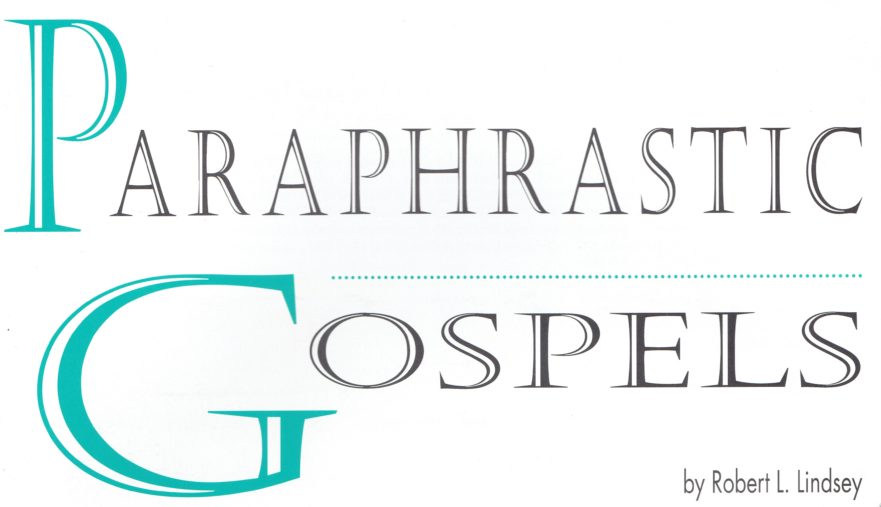
As Robert Lindsey realized in 1962, Mark reworked Luke’s Gospel in writing his own. Mark liked to substitute synonyms for nearly anything that Luke wrote. If, for instance, Luke used the singular of a noun, Mark substituted the plural form of the same noun in writing his Gospel. And vice versa: if Luke used the plural, Mark substituted the singular. In this article, Robert Lindsey surveys a unique substitution category found in Mark’s Gospel: the replacing of one verse of Scripture with another.
Stewards of God’s Keys

Jesus gave his disciple Peter the “keys of the kingdom of heaven” and promised that whatever Peter “bound” and “loosed” on earth would be “bound” and “loosed” in heaven. What scriptural allusions lurk beneath these expressions and what are their implications? How does the Jewish literary background of Matthew 16:19 help us better appreciate Jesus’ words?
“And” or “In order to” Remarry
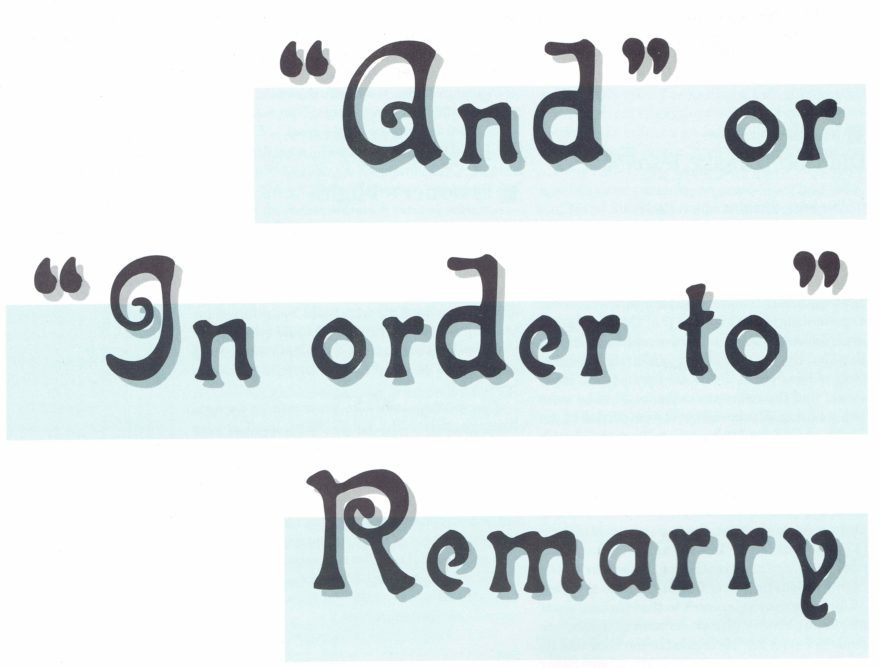
Apparently, contrary to normal Greek usage, Greek’s kai (“and”) in the sense of “in order to” occurs in the Synoptic Gospels.
Reading the Landscape: Neot Kedumim, the Biblical Landscape Reserve in Israel
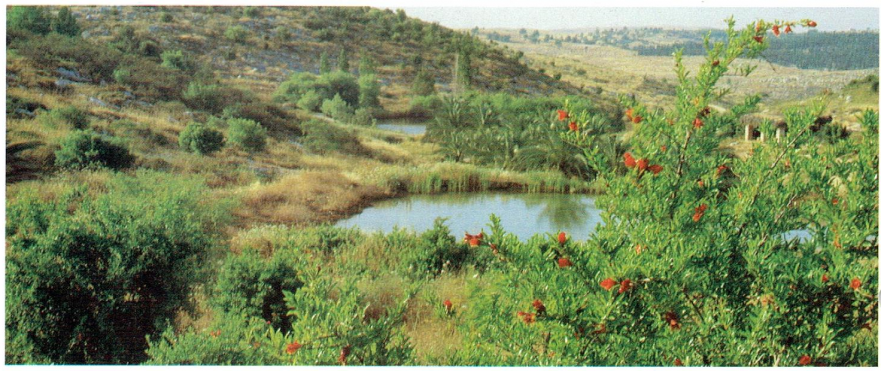
Neot Kedumim is dedicated to exploring and demonstrating the ties between the biblical tradition and the nature and agriculture of the land of Israel, as expressed in Jewish and Christian prayers, holidays and symbols. The reserve’s reconstructed biblical landscapes are open to guided and self-guided tours by groups and individuals.
Beating the (Thorny) Bushes
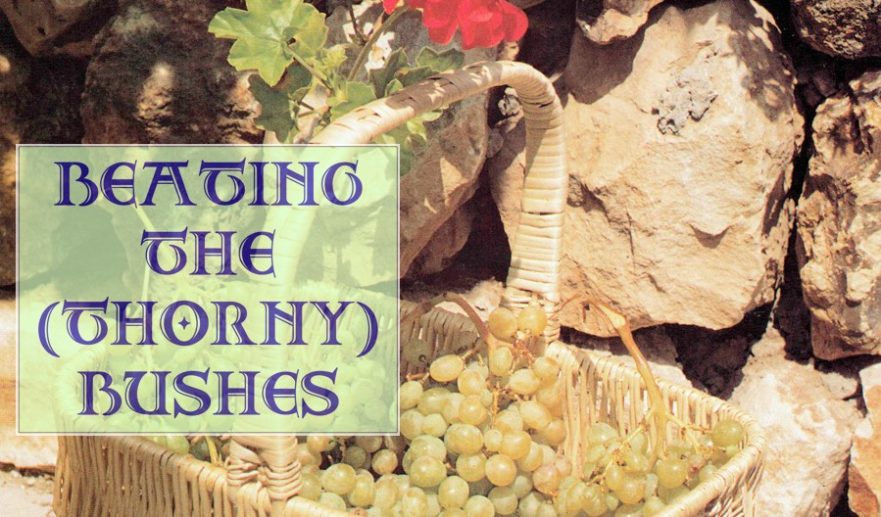
Bushes, thistles, briars and brambles are a thorny subject for English translators and expositors of the Hebrew Bible. It seems that the Greek writers of the Gospels did not have a soft time with them either.

